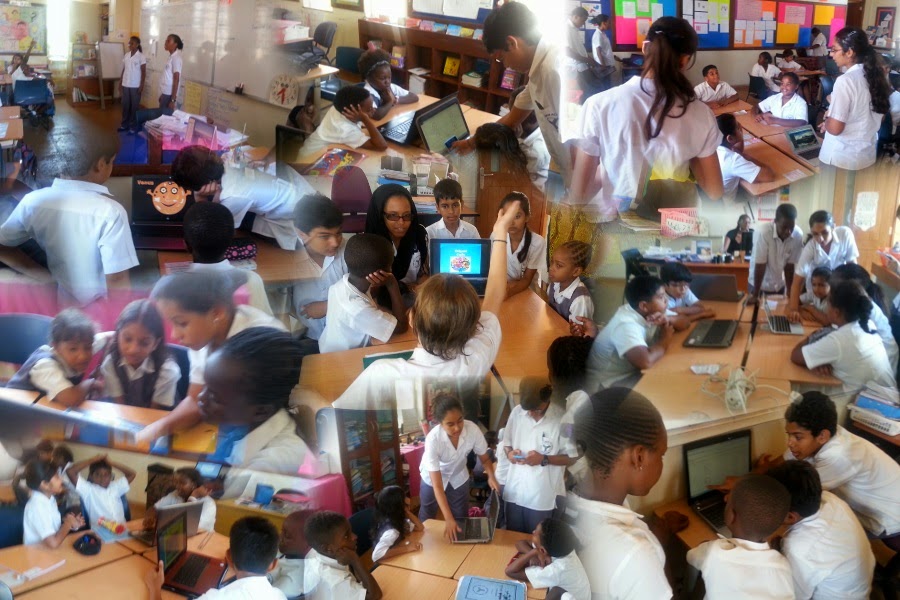Governance and Civil Society
Aga Khan Academies’ students have the opportunity to gain knowledge and understanding of the
following aspects of Governance and Civil Society. A range of modern and historical case studies are
be used to provide real examples for discussion. Thought is given to examples that will provide
students with a strong understanding of their local context and a broader awareness of significant
global examples. Successful students will:
A. Consider the rights and responsibilities of individuals and groups within society.
• Concepts of rights (Human rights, civil liberties, universal, individual, group rights, minority
rights)
• Social Contracts. (both explicit and implicit)
• Activism – the various ways in which action can create political and social change.
• National Identity and Citizenship.
B. Describe and analyse the governance of their own country, its historical roots and
related current issues.
• The purpose of government to regulate, manage and exercise power over individuals and
groups to create a coherent society.
• The constitution and system of government in the country of the Academy they are
attending.
• An understanding of how these systems of government developed.
• Strengths and weaknesses of the systems and the issues created for the countries.
C. Evaluate different types of authority and governance, and their strengths and weaknesses
in different situations.
• The opportunity to compare and contrast systems of government (including their own if
they are being educated outside their own country.)
• Authority structures – democracy, dictatorship, monarchy, oligarchy, theocracy, plutocracy,
totalitarianism, libertarianism – and the ways these can vary between contexts.
• Political belief systems and the values that underpin them.
• Global governance including the UN and ICC, and regional examples such as the EU, AU.
D. Understand the factors that give legitimacy to authority in differing contexts, and ways to
create transparent and accountable authority structures.
• Sovereinty and Constitutions.
• Legislation – how it is made.
• The role of law and institutions in allocating power and resources, and in minimising
conflict.
• The limits on authority – how far governmental power can or should reach.
• Checks and balances on power – transparency, accountability, the media.
• The effects of the abuse of power – corruption, nepotism, discrimination, oppression.
E. Evaluate the qualities of effective leadership in differing contexts.
• Understanding the many forms of individual leadership.
• Analysis of leadership styles.
• Case studies of effective and ineffective leadership.
• Experience playing a leadership role within the class or school community.
• Conflict resolution and arbitration skills.
F. Analyse the types of organisations that make up ‘civil society’ and their varying impacts.
• The organisations and institutions that make up civil society and the different ways they work.
• Case studies showing the importance and impact of civil society.
• The role of civil society in limiting the exercise of power, and in restorative practices.
Aga Khan Academies’ students have the opportunity to gain knowledge and understanding of the
following aspects of Governance and Civil Society. A range of modern and historical case studies are
be used to provide real examples for discussion. Thought is given to examples that will provide
students with a strong understanding of their local context and a broader awareness of significant
global examples. Successful students will:
A. Consider the rights and responsibilities of individuals and groups within society.
• Concepts of rights (Human rights, civil liberties, universal, individual, group rights, minority
rights)
• Social Contracts. (both explicit and implicit)
• Activism – the various ways in which action can create political and social change.
• National Identity and Citizenship.
B. Describe and analyse the governance of their own country, its historical roots and
related current issues.
• The purpose of government to regulate, manage and exercise power over individuals and
groups to create a coherent society.
• The constitution and system of government in the country of the Academy they are
attending.
• An understanding of how these systems of government developed.
• Strengths and weaknesses of the systems and the issues created for the countries.
C. Evaluate different types of authority and governance, and their strengths and weaknesses
in different situations.
• The opportunity to compare and contrast systems of government (including their own if
they are being educated outside their own country.)
• Authority structures – democracy, dictatorship, monarchy, oligarchy, theocracy, plutocracy,
totalitarianism, libertarianism – and the ways these can vary between contexts.
• Political belief systems and the values that underpin them.
• Global governance including the UN and ICC, and regional examples such as the EU, AU.
D. Understand the factors that give legitimacy to authority in differing contexts, and ways to
create transparent and accountable authority structures.
• Sovereinty and Constitutions.
• Legislation – how it is made.
• The role of law and institutions in allocating power and resources, and in minimising
conflict.
• The limits on authority – how far governmental power can or should reach.
• Checks and balances on power – transparency, accountability, the media.
• The effects of the abuse of power – corruption, nepotism, discrimination, oppression.
E. Evaluate the qualities of effective leadership in differing contexts.
• Understanding the many forms of individual leadership.
• Analysis of leadership styles.
• Case studies of effective and ineffective leadership.
• Experience playing a leadership role within the class or school community.
• Conflict resolution and arbitration skills.
F. Analyse the types of organisations that make up ‘civil society’ and their varying impacts.
• The organisations and institutions that make up civil society and the different ways they work.
• Case studies showing the importance and impact of civil society.
• The role of civil society in limiting the exercise of power, and in restorative practices.

1 comment:
It is an interesting class.
Post a Comment